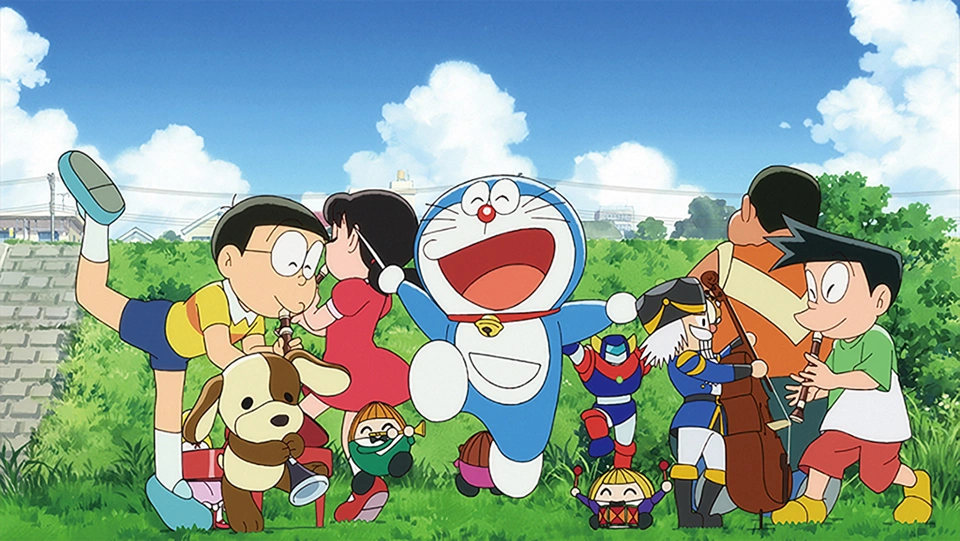A controversial new study from a Tokyo-based social research firm has ignited fierce backlash online after claiming that anime fans, particularly those deeply immersed in fandom culture, experience significantly lower romantic success than non-fans. The study, published in Nippon.com’s behavioral trends section, surveyed over 3,000 participants aged 18–35 across Japan.
According to the researchers, those who self-identified as anime enthusiasts reported fewer long-term romantic relationships and more instances of social withdrawal. The study suggested that deep engagement with fictional characters may substitute for real-world intimacy, particularly among young men, thereby impacting dating opportunities and communication skills.
Fans Fight Back Against Stereotypes

Anime communities across platforms like Reddit and X (formerly Twitter) have condemned the study as judgmental and disconnected from reality. Users shared stories of thriving relationships while being die-hard fans, with one post going viral for calling the research “just another lazy attempt to paint otaku as broken.” Critics also questioned the study’s methodology, pointing out it didn’t account for socioeconomic or cultural factors.
The backlash echoes past incidents where anime was used as a scapegoat for social issues. As one user noted, “Nobody says football fans are emotionally unavailable just because they’re passionate about something. Why always anime?” The argument points to a deeper frustration among fans over recurring stigma.
Experts Urge Nuance in Interpretation

Psychologists have weighed in, emphasizing the need for context. Dr. Aya Nishikawa, a cultural psychologist at Osaka University, warned against oversimplifying the data. “Correlation does not imply causation,” she explained. “Many fans turn to anime because they struggle socially, not the other way around. For some, anime is a refuge—not the cause of isolation.”
Dr. Nishikawa also noted that parasocial relationships, where individuals form attachments to fictional characters, aren’t exclusive to anime and exist across pop culture, including Western media. She encouraged public discourse that avoids pathologizing fandoms and instead looks at broader social structures influencing relationship dynamics.
Ongoing Debate Reflects Cultural Divide

The incident reignites broader tensions between mainstream norms and subcultures in Japan and abroad. As anime becomes more global, fans argue that clinging to outdated stereotypes risks alienating a vibrant and diverse community. While some see fandom as a red flag, others celebrate it as a creative and deeply human way to connect.
Whether the study gains wider acceptance or is dismissed as elitist junk science remains to be seen. But one thing is certain: the conversation it sparked has only made anime fans more determined to defend their identity and challenge assumptions.
Also Read: 15 Misunderstood Anime Characters Who Deserve Better




